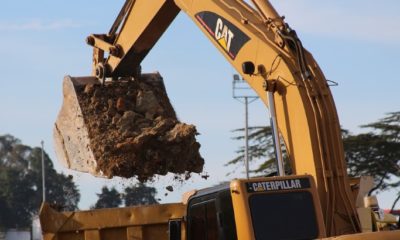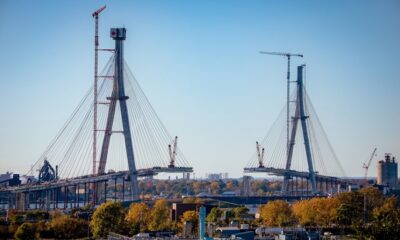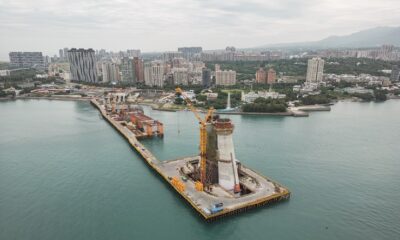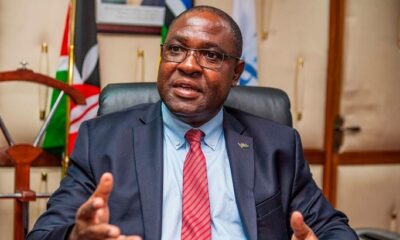Infrastructure
Fate of Sh35bn Mzima 2 Water Project Hangs in Balance
The project has proved too costly and unattractive to investors.
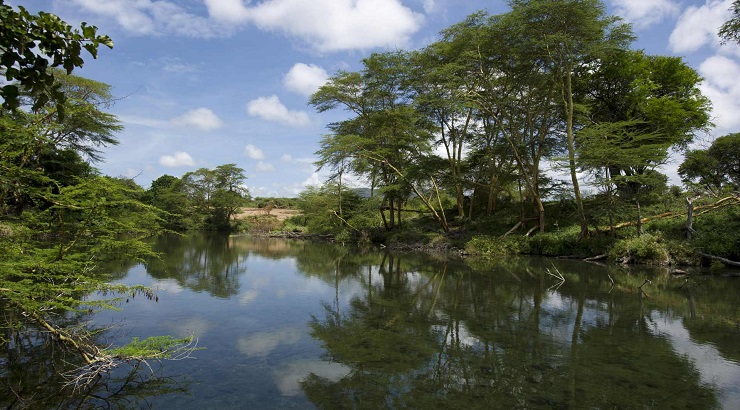
The fate of Taita Taveta’s Mzima 2 Water Project remains uncertain as the State considers scrapping it for being too costly and unattractive to investors.
According to Water and Sanitation Cabinet Secretary Zachariah Njeru, the Sh35bn project, which has been in the works for decades, has been halted as the government considers an alternative approach for implementation.
The project aims to extract water from Mzima Springs along the Tsavo River and distribute it to the arid regions of Taita Taveta County.
Additionally, the project is intended to provide water to Kwale, Kilifi, and Mombasa counties.
Speaking before senators recently, Mr. Njeru revealed that the initiative was halted due to its excessive cost and lack of appeal to investors.
However, the CS emphasized that the government remains committed to expeditiously implementing the project as circumstances evolve.
In April 2023, the former Water CS, Alice Wahome, had announced that construction of the project would commence by September of the same year.
The project was supposed to be executed through a public-private partnership (PPP) agreement, a development that has yet to materialize.
“We realized it was expensive. We never got investors who would work with us. We are now going to re-advertise the project,” Mr. Njeru told the Senate.
RELATED: How State Plans to Finance Sh995bn Mega Dams Project
The Mzima 2 Water Project was designed to supplement the existing Mzima Phase One, which was completed in 1966.
The project involves construction of a 220-kilometer pipeline extending from Mzima Springs in Tsavo West National Park to the coastal counties.
Additionally, it includes the establishment of a water treatment plant, storage tanks, and distribution networks.
Mzima 2 Water Project is expected to ease pressure on the ageing pipeline, which has been experiencing frequent breakdowns, while boosting the water supply from the current 86,000 cubic metres per day to 186,000 cubic metres.
Kenya plans to build 100 mega dams nationwide within the next five years to address water scarcity, improve food security, and boost hydropower generation.
A total of 56 dams have been recommended for implementation under the PPP model.
At least Sh995 billion will be allocated to the projects to achieve full coverage of the National Water and Sanitation Investment and Financing Plan framework by 2030.





